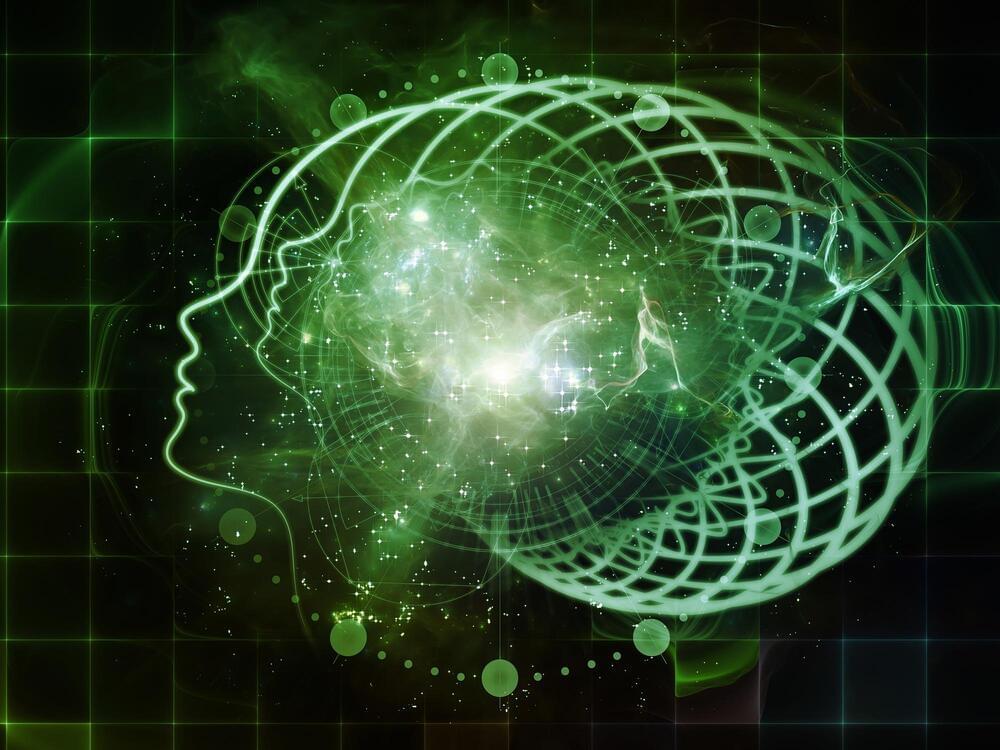When people lack visual imagination, this is known as aphantasia. Researchers from the University Hospital Bonn (UKB), the University of Bonn, and the German Center for Neurodegenerative Diseases (DZNE) investigated how the lack of mental imagery affects long-term memory.
They were able to show that changes in two important brain regions, the hippocampus, and the occipital lobe, as well as their interaction, have an influence on the impaired recall of personal memories in aphantasia. The study results, which advance the understanding of autobiographical memory, have now been published online by the specialist journal eLife.
Most of us find it easy to remember personal moments from our own lives. These memories are usually linked to vivid inner images. People who are unable to create mental images, or only very weak ones, are referred to as aphantasics. Previous neuroscientific studies have shown that the hippocampus, in particular, which acts as the brain’s buffer during memory formation, supports both autobiographical memory and visual imagination.










Comments are closed.